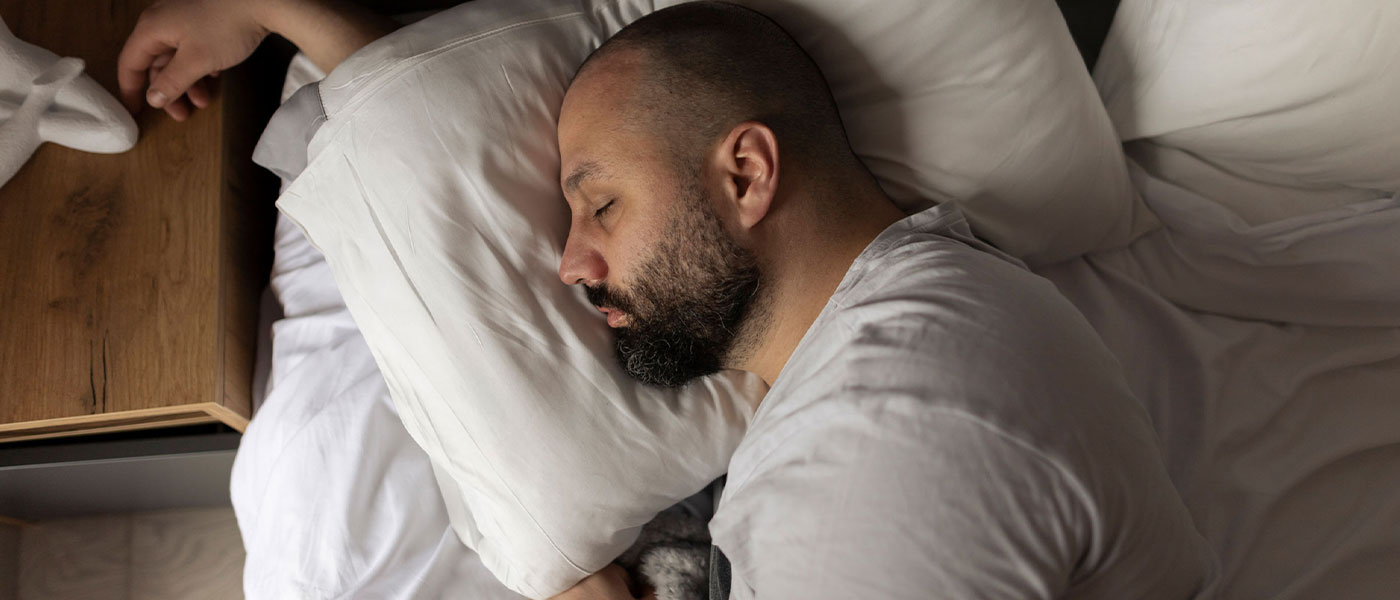
If you’re considering or currently undergoing sermorelin therapy, you’re likely focused on optimizing your energy, improving body composition, sleeping better, and feeling more like yourself again. But what happens when you mix in alcohol, whether it’s a casual glass of wine at dinner or a few drinks on the weekend? Does alcohol affect the results of sermorelin?
The answer is yes, alcohol can impact sermorelin therapy in subtle but important ways. While it may not cause dangerous interactions, it can compromise the effectiveness of the treatment. At Genesis Lifestyle Medicine, we offer clear guidance to help you get the best possible results from your therapy. In this article, we explore how alcohol can affect sermorelin, why it matters, and what steps you can take to stay on track with your health goals.
Alcohol affects insulin levels
One of the key ways sermorelin works is by stimulating your pituitary gland to release more human growth hormone (HGH), which then promotes the production of IGF-1 (insulin-like growth factor 1). But alcohol, like food, especially sugar, can trigger insulin release. When insulin levels spike, it can interfere with the natural signaling that sermorelin stimulates.

This insulin interference may blunt the increase in growth hormone levels after your injection, making the therapy less effective. If you’re drinking alcohol within two hours of sermorelin, you could unknowingly sabotage the benefits you’re trying to achieve, like better recovery, fat metabolism, and improved sleep.
Alcohol increases overlapping side effects
Sermorelin is generally well tolerated, but like any injectable, it can come with some mild side effects. These include dizziness, headaches, flushing, and drowsiness. Interestingly, alcohol can cause many of these same symptoms, especially when consumed in higher amounts.
When you mix the two, even if unintentionally, the combined side effects can feel more intense. This may include stronger headaches, feeling more tired than usual, or even experiencing a drop in blood pressure that leaves you feeling lightheaded. In some cases, you might attribute these symptoms to the therapy when, in fact, alcohol was the issue.
Alcohol may delay long-term results
While sermorelin acts quickly in your system, reaching peak levels in as little as 20 minutes, the physical benefits, such as increased lean muscle, reduced fat mass, and enhanced vitality, often take months to become noticeable. This is because sermorelin works by supporting your body’s natural rhythms over time, not by delivering immediate results.
Introducing alcohol during this period of change may reduce your ability to see improvements as quickly. Regular drinking can impair sleep quality, lower motivation, and interfere with recovery, all key components of sermorelin’s intended benefits. If you’re putting in the effort to eat better, exercise more, and get restorative sleep, alcohol can quietly undermine your progress.

Alcohol disrupts natural sleep patterns
One of sermorelin’s often-celebrated benefits is deeper, more restorative sleep. Since growth hormone is naturally released during sleep, especially in the first phase of deep sleep, supporting healthy sleep cycles is critical to seeing results.
However, alcohol is a known disruptor of sleep. It may initially make you feel drowsy, but it interferes with REM sleep and can cause more frequent awakenings throughout the night. When your sleep is fragmented, your body has fewer opportunities to release natural growth hormone, thus compromising the synergy that sermorelin is meant to enhance.
Alcohol counteracts fat loss and muscle-building
Many patients turn to sermorelin to support lean body mass, lose fat (especially around the midsection), and recover faster from workouts. But alcohol works against each of these goals:
- It provides empty calories that can slow fat loss
- It disrupts protein synthesis, making it harder to build muscle
- It reduces motivation to train or eat well the next day
Over time, even moderate alcohol use can limit the body composition improvements you hope to achieve through sermorelin therapy.
Tips to optimize sermorelin results:
- Avoid alcohol within 2 hours before or after taking sermorelin
- Choose water or herbal tea in the evenings to support GH release
- Prioritize whole, low-glycemic foods to avoid insulin spikes
- Stick to a consistent sleep schedule and aim for deep, uninterrupted rest
- Engage in strength training or moderate cardio to support natural HGH release
- Communicate with your provider if you notice persistent side effects
- Track your progress with regular labs and wellness check-ins

Hormone therapies, like sermorelin, can be a powerful way to support your energy, metabolism, body composition, and overall well-being as you age, but it works best when your lifestyle choices support its mechanisms. Alcohol, while not strictly prohibited, can reduce the effectiveness of sermorelin by interfering with growth hormone release and delaying results.
At Genesis Lifestyle Medicine, we’re committed to helping you get the most from your therapy. If you’re currently using sermorelin or thinking about starting, our expert providers are here to guide you with personalized strategies for success. With the right support and a mindful approach to lifestyle, you can maximize your results and feel like your best self again. Contact us today to get started!



